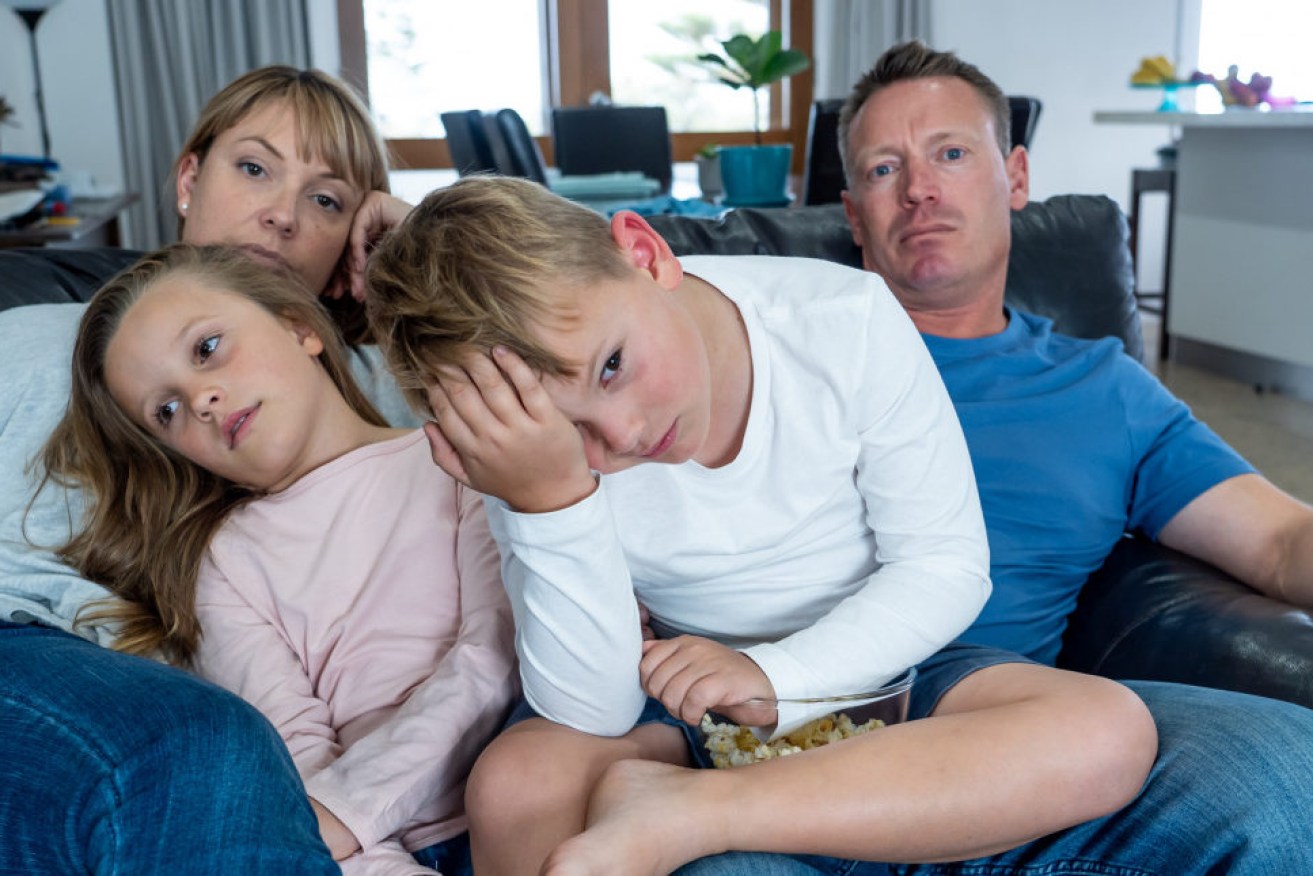States split on easing restrictions as government warns social distancing must remain


South Australian schools have re-opened for term two after receiving clearance from health officials. Photo: Getty
As some states move to ease restrictions on daily life, Victoria and Tasmania have taken hardline approaches, urging caution to make sure there isn’t a resurgence of coronavirus cases.
Queensland, Western Australia and the Northern Territory will begin easing some restrictions from this week, while category two and some category three elective surgeries recommenced across the country on Monday.
NSW will start opening more beaches for exercise and stagger schools reopening by the end of term two. On Monday, South Australia went one step further with students returning to classrooms for the beginning of term two.
Australia’s coronavirus cases continue to fall, with two new cases confirmed in NSW on Monday morning, three in Queensland and one in Victoria.
Across Australia, there have been a total of 6718 confirmed cases of COVID-19. Of those, 113 people are in hospitals, 43 in ICU – 27 of them on ventilators.
Also on Monday, Victorian Premier Daniel Andrews said the state would test at least 100,000 people for the virus in the next fortnight, before it reviewed lifting the state of emergency on May 11.
In NSW, Premier Gladys Berejiklian said other social distancing measures would remain unchanged for the foreseeable future.
“Yes we want to ease restrictions, yes we want people to have a greater sense of normality in their lives, but that comes with obvious consequences,” she said.
“Once people ease back into normal active life, and I’m not going to suggest we are going to go back to what we were until the vaccine is found, the number of cases will go up.
“That’s a fact.”
- Related: South Australia schools re-open
- Related: How the COVIDSafe app works
- Related: Modelling shows economic hit from coronavirus
The states’ splits come as the nation’s chief medical officer Professor Brendan Murphy said on Monday that even if restrictions are eased (beyond the current school recommendations) in the future, social distancing will be the new normal.
“Even though we may have very low numbers of cases, we want everyone to practice social distancing,” he said.
“Even if we release restrictions in the future, people need to change the way they interact permanently. And in the sensible way, like keeping distance from each other, hand hygiene, probably not permanently not shaking hands, but for the foreseeable future.
“If we are going to relax these distancing measures, the things we have closed, we have to change how we interact as human beings until we are through with this virus,” he said.
Professor Murphy said the “suppression strategy is working well”.
“If you’ve got less than 1 per cent growth in cases, which is where we are at the moment, that’s a good trend. If you have no community transmission, as we’ve seen in some states, that might mean that some states might feel the need to relax things a bit more quickly.
“That is part of the reason why some states have been much more forward leaning in reopening schools,” he said.
State and federal leaders had agreed to revisit restrictions across Australia in mid-May.
Tasmania launches probe into north-west outbreak
As other states begin to ease restrictions, Premier Peter Gutwein warned Tasmanians they should be prepared for the long haul and said the state would conduct an independent review into the coronavirus outbreak in its north-west.
He said he didn’t wan’t a “knee-jerk reaction” of lifting restrictions too early, only to have to bring them back again.
Ten of Tasmania’s 11 virus deaths have been in the north-west, where an outbreak at Burnie’s private and public hospitals forced their closure earlier in April.
Mr Gutwein said on Monday there would be an independent review into the virus cluster “when the time is right”, but said he would not wait until the pandemic is over.
Health officials have previously linked the outbreak to infected Ruby Princess cruise ship passengers returning to Tasmania.
Download the COVIDSafe app
Politicians, business leaders and doctors are urging Australians to download the new COVIDSafe contact tracing app that will help health officials crack down on virus outbreaks.
“It will make us safer and we’ll get our lives back faster,” Business Council of Australia head Jennifer Westacott told Sky News.
More than 1.13 million people downloaded the voluntary app within the first 12 hours of its release on Sunday night.
Professor Murphy said it was “gratifying” that so many people chose to download the app, with the government aiming for more than 10 million people to use it.
“It has been really great, the uptake by the Australian community, because they know this is about protecting them, it is about helping our public health officials do their job and that is all that is and it is a no risk, highly secure very safe app,” he said.
-with AAP








